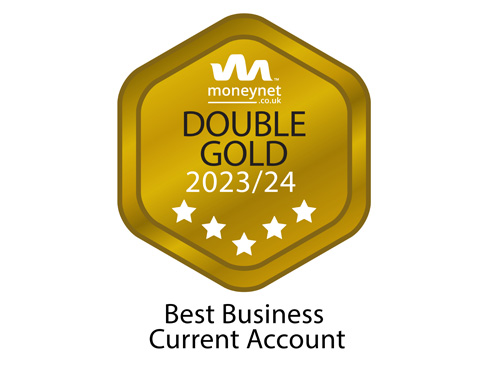
Global Wallet for global growth
Send, receive, hold multiple currencies, all in one place. Add it to your business bank account today.

HSBC Kinetic makes business banking simpler and faster
Business Banking that works for you
Convenient tools, greater control and easy self-service for your Business Internet Banking

Award winning business banking


Euromoney UK’s Best Bank
Voted the UK’s Best Bank in 2024.

Independent service quality survey results

Overall service quality
An independent survey was conducted to ask UK customers of the 15 largest business current account providers, whether they would recommend their provider to other small and medium enterprises (SMEs).
We ask customers how likely they would be to recommend their business current account provided to other SMEs.







